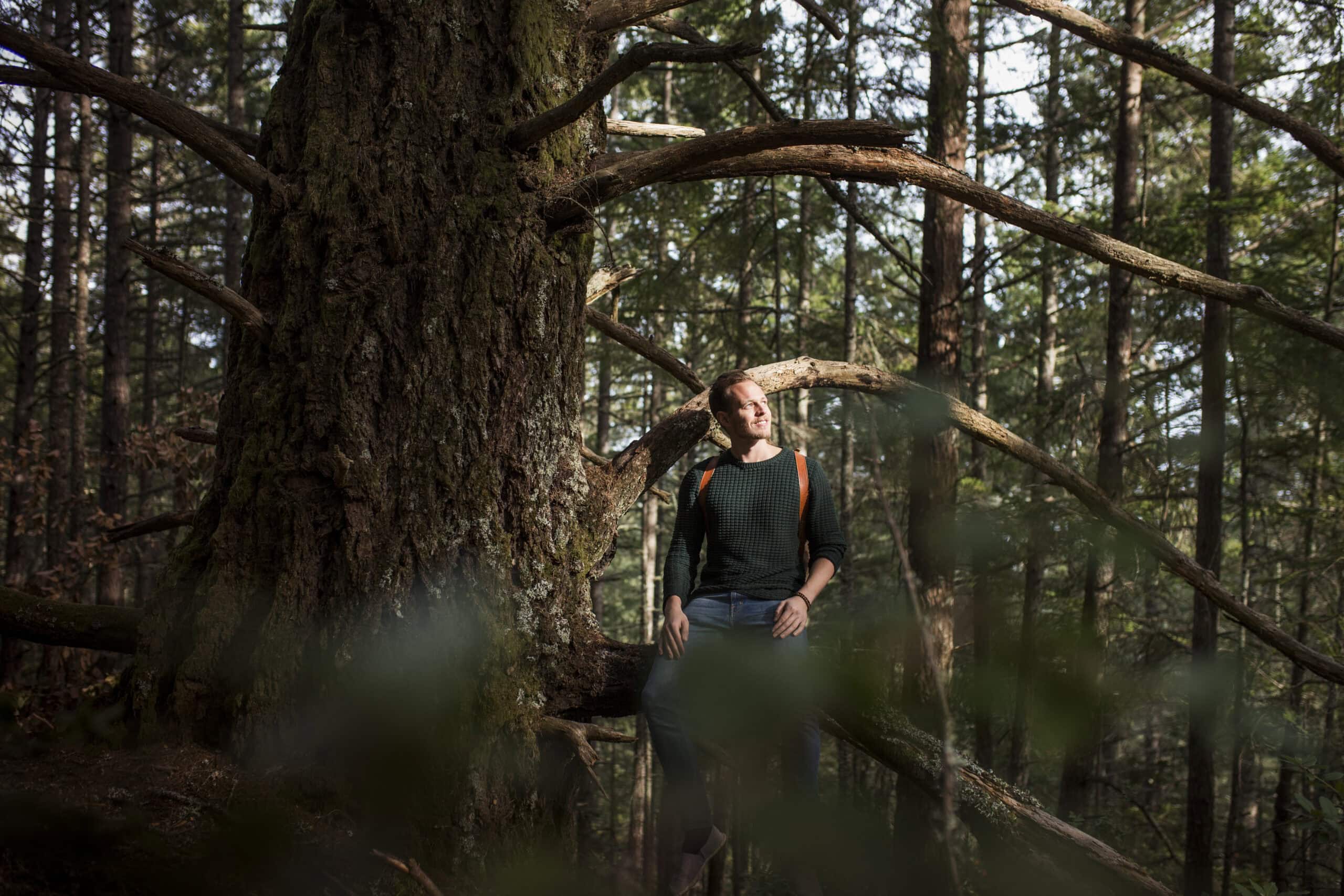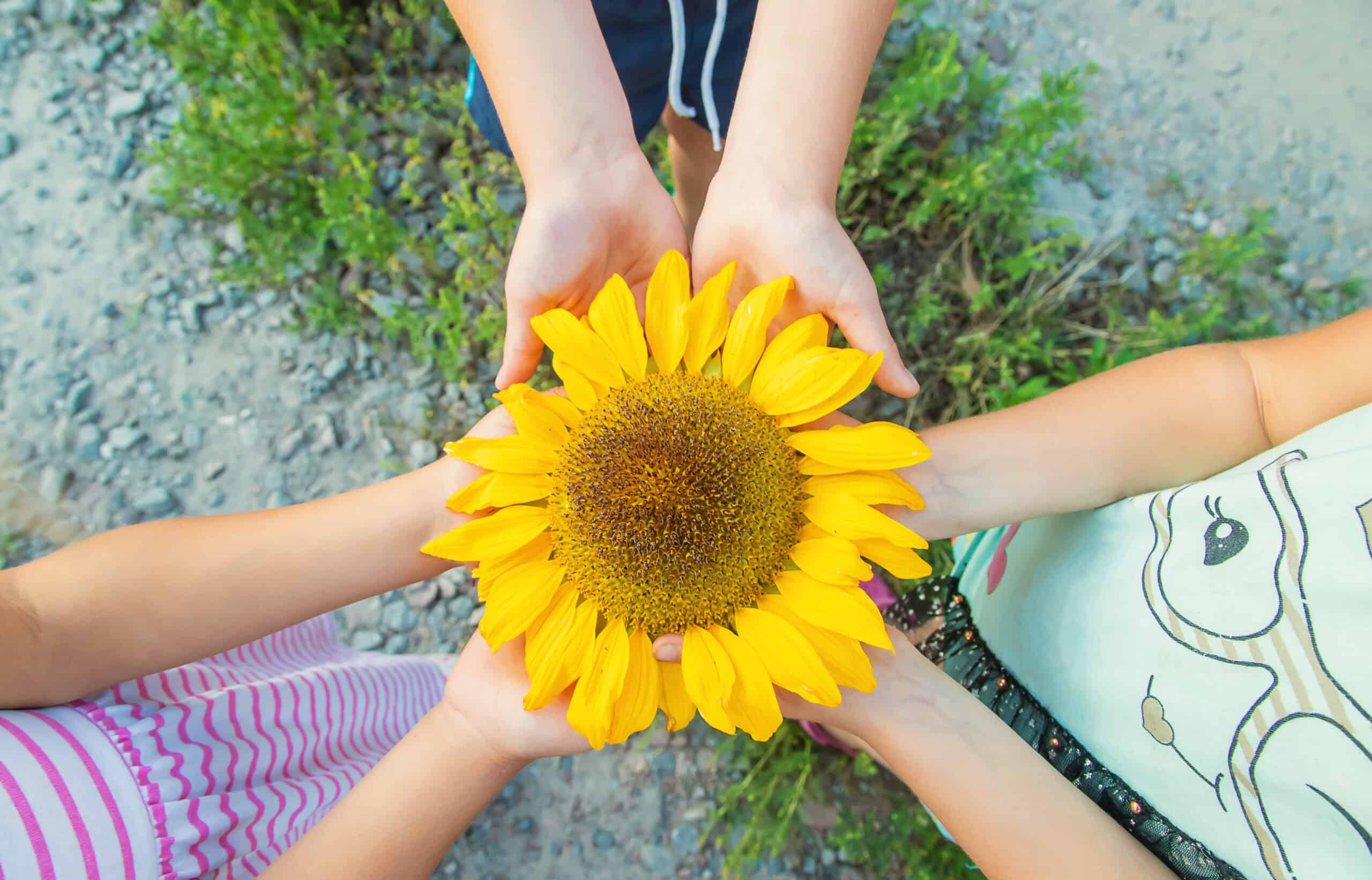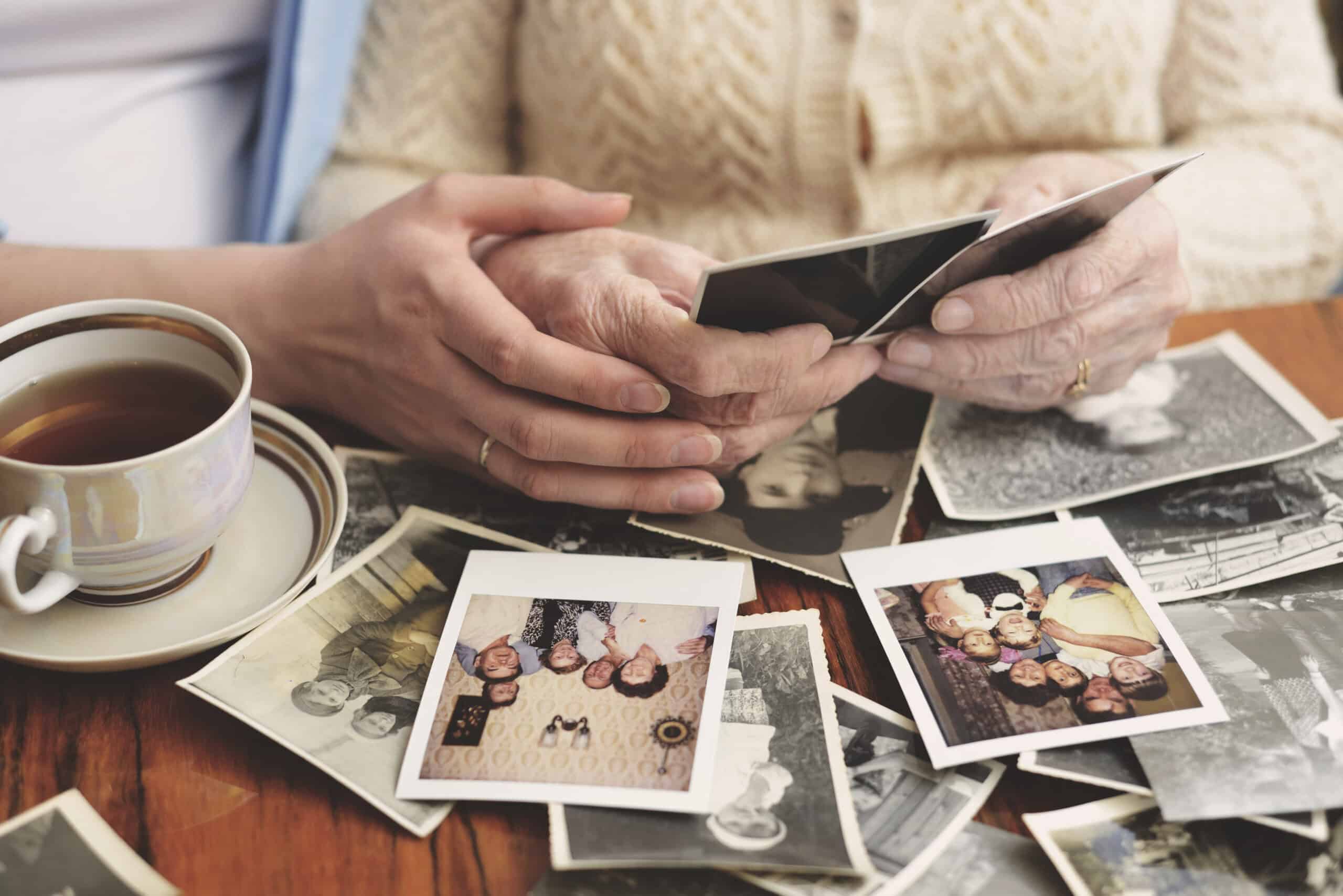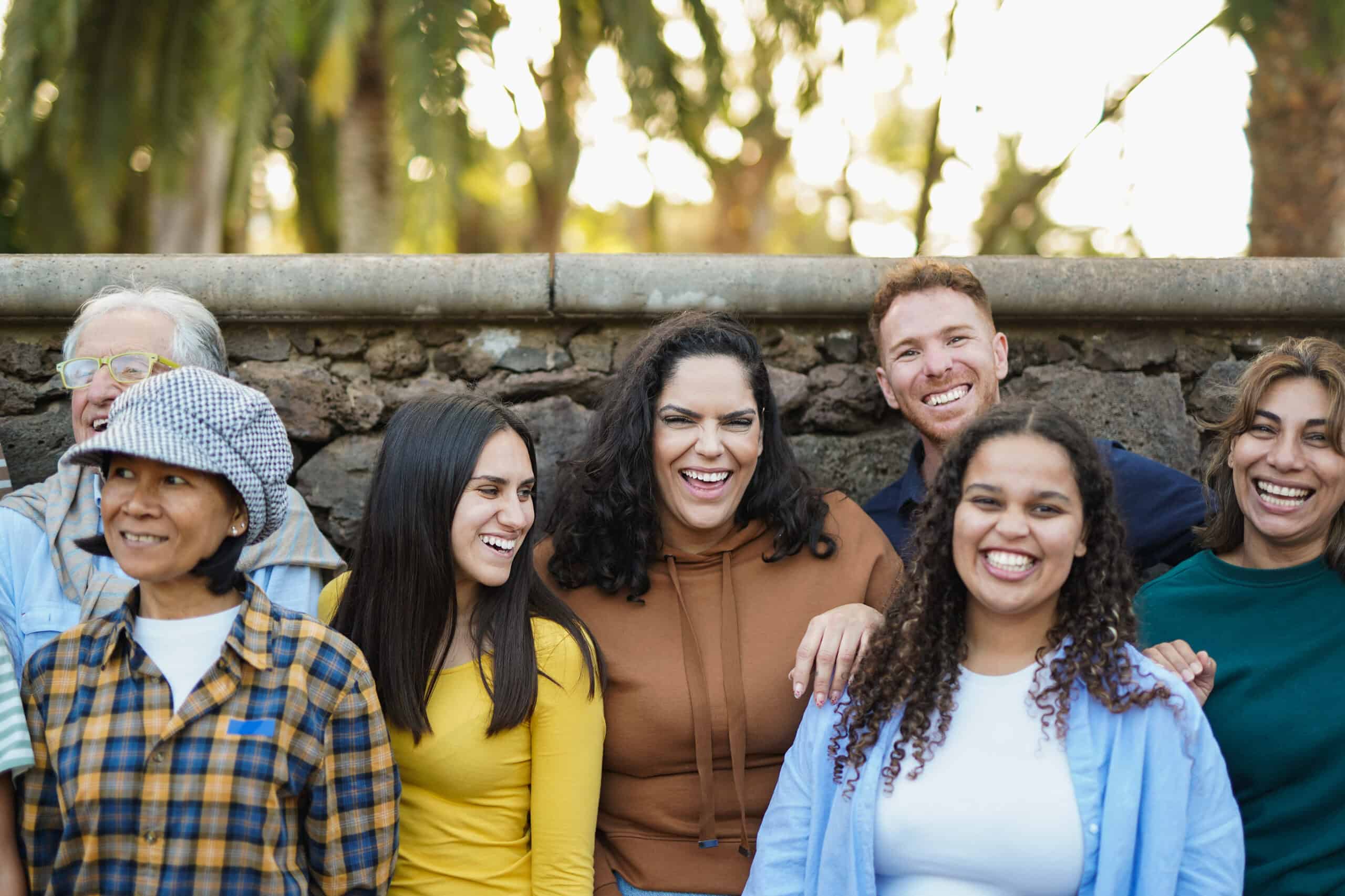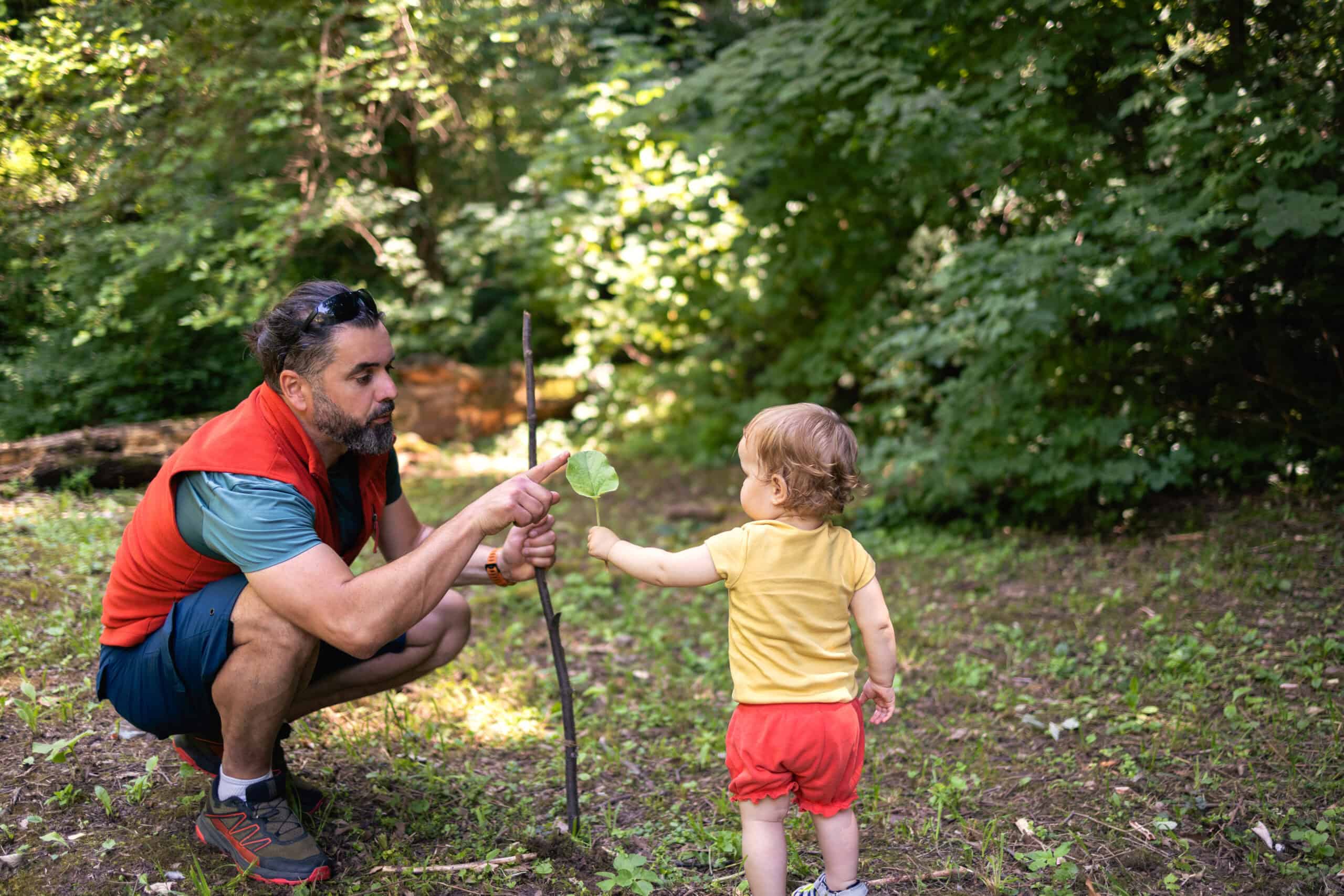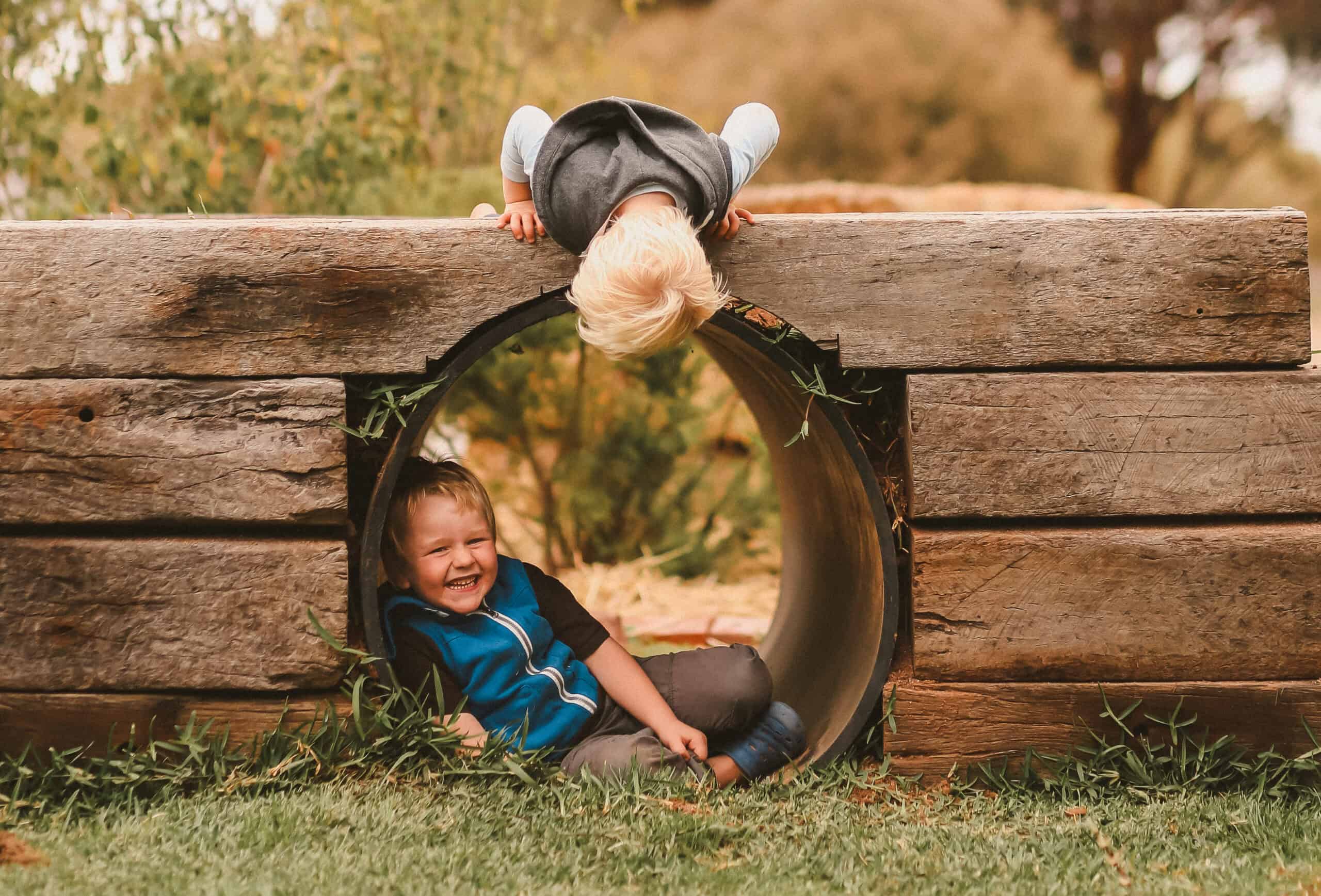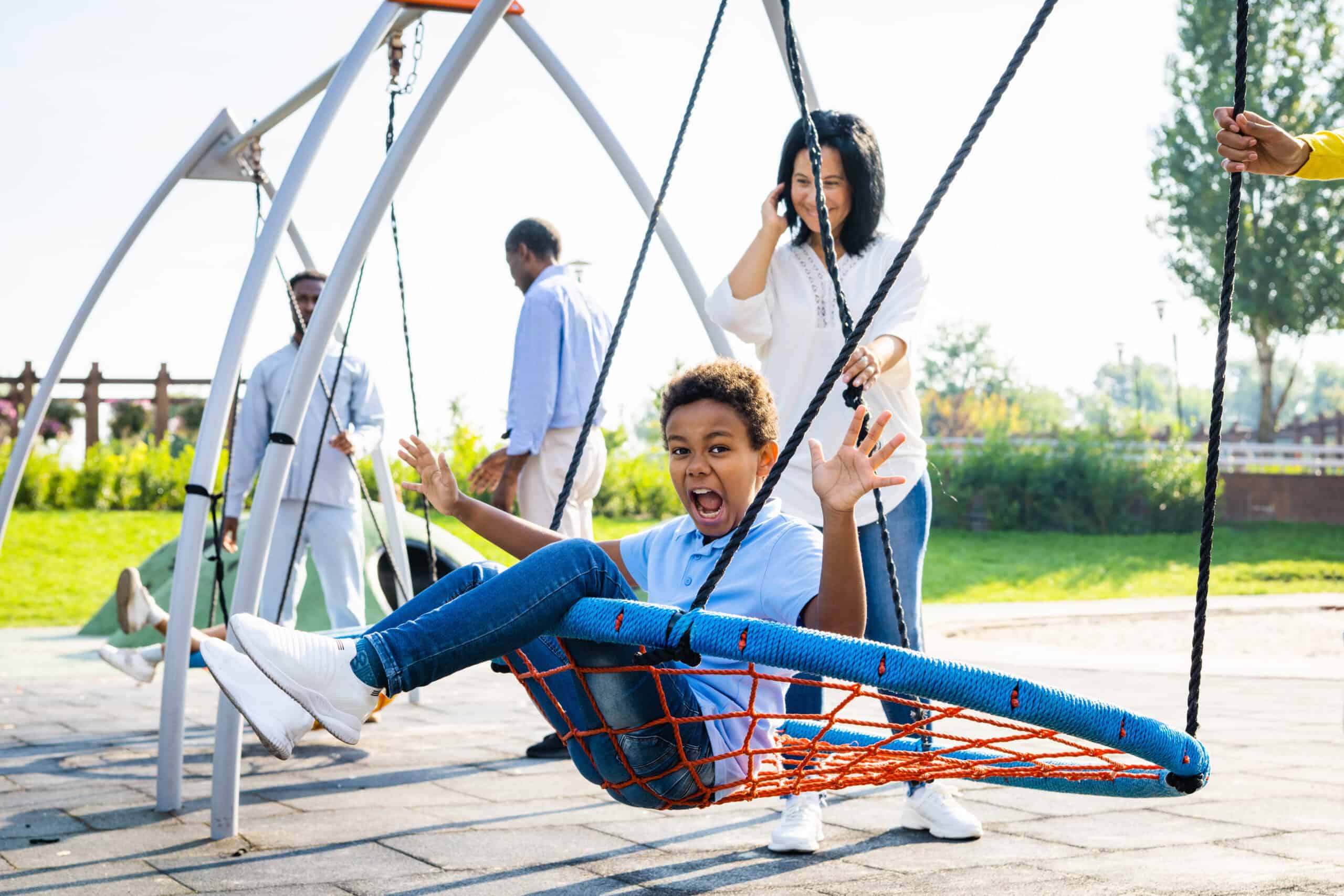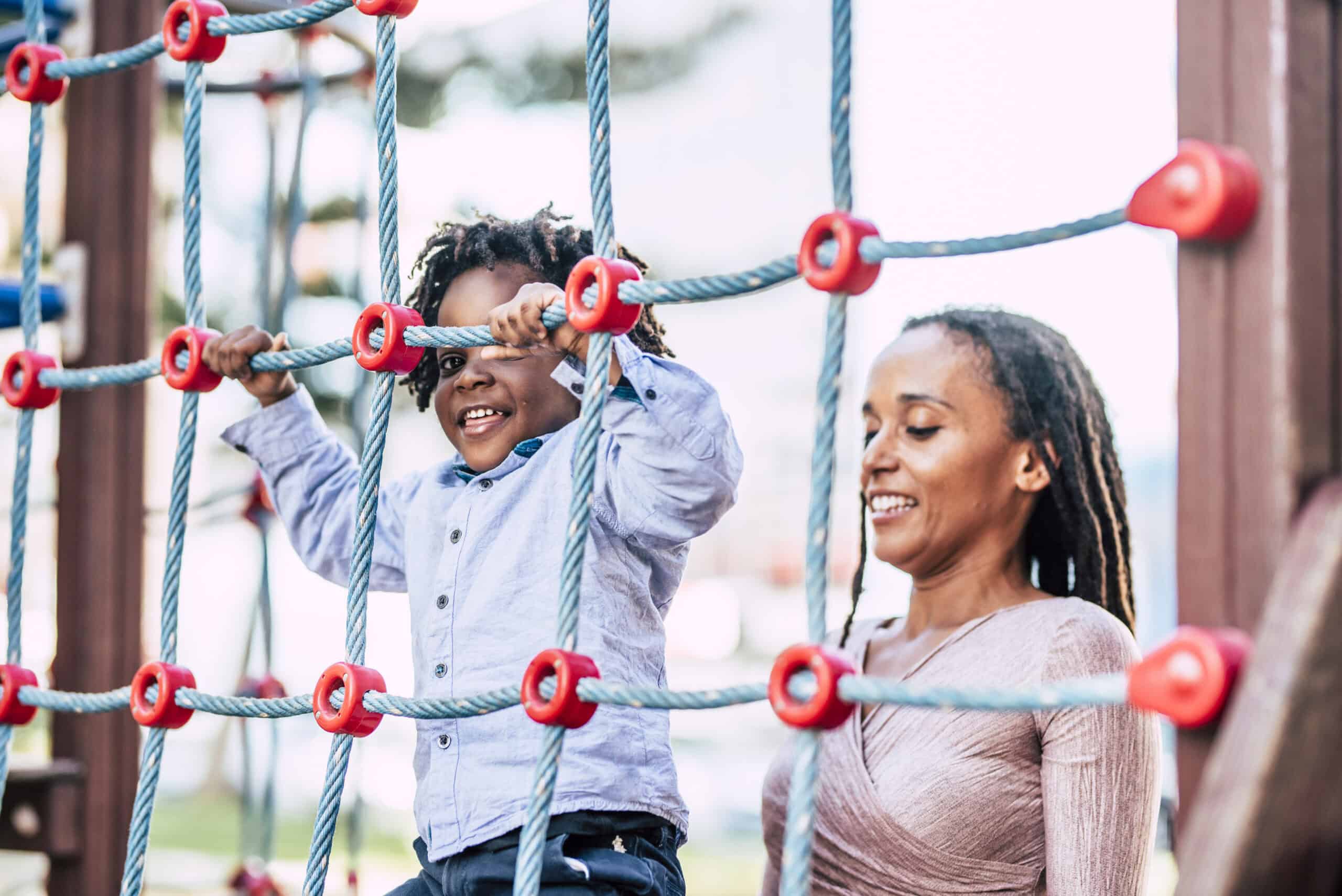Neurolens: Social Connection
The Social Connection NeuroLens explores the vital role of relationships, networks, and collaboration in human flourishing. It highlights the profound impact of interpersonal and collective bonds on individual and societal wellbeing. This lens fosters inclusivity, trust, and mutual support, strengthening the fabric of communities and organisations.
-
Awe: How Mystic Moments Change the Brain and the Behaviour
We’ve all felt it—that tingling, breath-stealing sensation in the presence of something far greater than ourselves. A starlit sky. A cathedral’s hush. The cry of a newborn. These “mystic moments” leave us speechless—but they also change us. Science now shows that awe – a powerful, sometimes transcendent emotion – can quiet self-talk, sharpen attention, and…
-
Bilingualism and Empathy in Childhood: How Language Builds Social Understanding
Could speaking more than one language lead to more empathetic, socially aware individuals? Empathy—the ability to understand and share another person’s thoughts and emotions—is a cornerstone of social and emotional development. Meanwhile, bilingualism is increasingly common in today’s globalised world, with more than half the world’s population estimated to be bilingual or multilingual. While much…
-
Collecting Memories for Your Children: Why It Matters and How to Do It
Have you ever come across an old photo, drawing, or story from your childhood that instantly took you back? These fragments of the past don’t just trigger nostalgia—they anchor us in who we are. Imagine offering that same gift of identity and warmth to your children. It’s easy to overlook the small moments that shape…
-
Mapping the Invisible Ties that Drive Team Success
Have you ever walked into a room where the content was brilliant but the energy flat? Picture a 300-seat auditorium before a lecture on creative problem-solving. The ideas are top-notch, but the space is stiff: rows lock everyone in, students hunch behind laptops, and only one voice fills the air. The questions land with a…
-
5 Ways to Make Friends as a Parent
Do you ever feel like making new friends as a parent feels harder than folding a fitted sheet one-handed? Making friends as an adult can be tough – and even tougher when you’re a couple juggling kids, work and never-ending laundry. Yet, strong friendships are very important for wellbeing, and research shows that social connections…
-
7 Ways to Develop Your Child’s Social Skills
Have you ever watched your child standing on the edge of a group, unsure how to join in – and wondered how you could help? Watching your child struggle to connect with others can be heartbreaking. You see it in the lunchroom, on the playground, or after school: your child standing alone, unsure how to…
-
The Only Child and Loneliness: What Parents Can Do
Do only children really feel lonelier – or is that just a myth we keep passing down? Only children are often thought to be lonelier than those with siblings. While this stereotype persists globally, especially in cultures like China, recent evidence challenges this belief and offers guidance for parents on fostering emotional wellbeing in only…
-
How Children Learn to Connect: The 6 Stages of Play
When is a game of blocks more than just fun? When Play Becomes the Most Powerful Teacher Play is a crucial part of child development and is best when it becomes a massive part of a child’s life. It contributes to cognitive, physical, social, and emotional development, sensory integration, language skills and interpersonal relationships, as…
-
The Power of Play: How Different Types of Play Shape a Child’s Brain Development
Have you ever watched a child turn a stick into a sword or a pile of blocks into a castle? The Transformative Role of Play in Child Development When a child is moving around, playing, learning about themself and about the environment around them – they are building their brain’s infrastructure. It’s important to stimulate…
-
Tumble, Jump, Repeat: How Physical Play Fuels Brain Development and Resilience
Do you remember the joy of climbing trees, leaping across puddles, or play-wrestling with friends? When was the last time you saw a child roll down a grassy hill or leap across rocks in a stream? The Hidden Power of Play: More Than Just Fun These simple, spontaneous moments of physical play may seem like…
